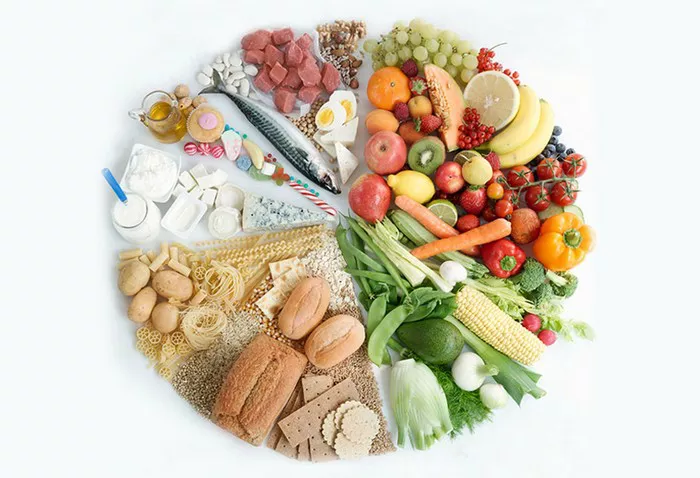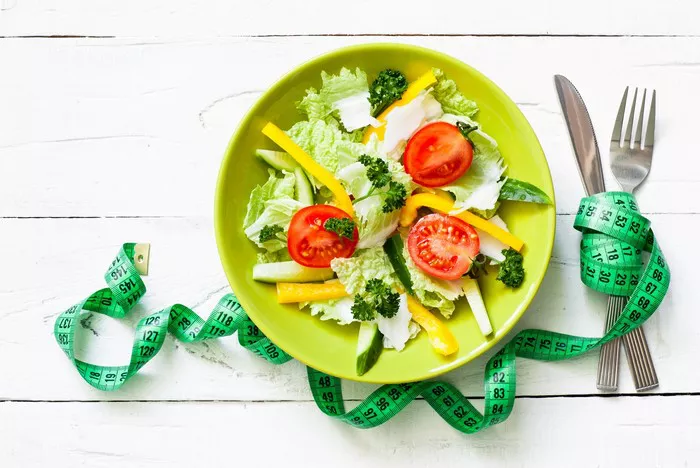High blood pressure, also known as hypertension, is a prevalent health condition that affects millions of people worldwide. It occurs when the force of blood against the walls of the arteries is consistently too high, putting extra strain on the cardiovascular system. If left unmanaged, high blood pressure can lead to serious health issues, such as heart disease, stroke, and kidney problems. While medication and lifestyle changes are essential for managing hypertension, diet plays a crucial role in controlling blood pressure levels. In this article, we will explore the foods that individuals with high blood pressure should avoid to maintain a healthier cardiovascular system.
Understanding High Blood Pressure
Before diving into the dietary restrictions, let’s briefly understand the factors that contribute to high blood pressure. Various factors can cause hypertension, including:
Salt (Sodium) Intake: Consuming too much salt can cause the body to retain water, increasing blood pressure.
Obesity: Being overweight or obese puts extra pressure on the arteries and raises blood pressure.
Lack of Physical Activity: A sedentary lifestyle can contribute to high blood pressure.
Family History: Hypertension can run in families, indicating a genetic predisposition.
Age: Blood pressure tends to increase with age.
Stress: Chronic stress can elevate blood pressure levels.
Foods to Avoid for High Blood Pressure
Maintaining a balanced and heart-healthy diet is essential for managing hypertension. Here are some foods that individuals with high blood pressure should avoid:
1. Excessive Sodium
One of the primary culprits contributing to high blood pressure is excessive sodium intake. Sodium, a component of salt, causes the body to retain water, increasing the volume of blood in the arteries and elevating blood pressure. Processed foods, such as canned soups, chips, deli meats, and fast food, are often high in sodium. It is crucial to read labels and opt for low-sodium or no-salt-added versions of these foods.
2. Processed and Cured Meats
Processed and cured meats, such as bacon, sausages, and cold cuts, are not only high in sodium but also contain unhealthy fats. These fats can contribute to arterial damage and inflammation, leading to elevated blood pressure and an increased risk of heart disease. Instead of processed meats, choose lean cuts of fresh poultry, fish, or plant-based protein sources.
3. High-Fat Dairy Products
Full-fat dairy products, such as whole milk, cheese, and butter, are high in saturated fats, which can raise cholesterol levels and contribute to high blood pressure. Opt for low-fat or fat-free versions of dairy products to reduce saturated fat intake and support heart health.
4. Sugar and Sweets
Consuming excessive sugar can contribute to weight gain and obesity, both of which are risk factors for high blood pressure. Added sugars in processed foods, sugary beverages, and desserts can lead to insulin resistance and metabolic imbalances, impacting blood pressure regulation. Choose natural sweeteners like honey or opt for healthier dessert alternatives, such as fresh fruit.
5. High-Sodium Condiments
Certain condiments, like soy sauce, ketchup, and salad dressings, are surprisingly high in sodium. Even small amounts of these condiments can add a significant dose of sodium to your diet. Consider using lower-sodium options or experiment with homemade condiments using herbs and spices for flavor.
6. Caffeine and Alcohol
While moderate amounts of caffeine and alcohol might not significantly affect blood pressure, excessive consumption can lead to hypertension. Caffeine can cause temporary spikes in blood pressure, especially in people who are not regular caffeine consumers. Similarly, heavy alcohol consumption can raise blood pressure and contribute to other heart-related problems. It’s best to limit caffeine and alcohol intake, or in some cases, avoid them altogether.
7. Pickles and Fermented Foods
Pickles and other fermented foods are often high in sodium due to the pickling process. While fermented foods can be beneficial for gut health, individuals with high blood pressure should be cautious about their intake. Look for low-sodium options or consider making fermented foods at home with reduced salt content.
8. Frozen and Packaged Meals
Frozen and packaged meals are convenient, but they often contain high levels of sodium, unhealthy fats, and added sugars. These ingredients can negatively impact blood pressure and overall health. If you opt for convenience foods, choose those with lower sodium content and healthier ingredient profiles.
9. Saturated and Trans Fats
Foods high in saturated and trans fats, such as red meat, fried foods, and commercially baked goods, can raise cholesterol levels and contribute to arterial plaque buildup. This can increase the risk of hypertension and cardiovascular diseases. Focus on healthier fats, such as those found in avocados, nuts, and olive oil.
10. Refined Carbohydrates
Refined carbohydrates, like white bread, white rice, and sugary cereals, have a high glycemic index, causing rapid spikes in blood sugar levels. These fluctuations can negatively impact blood pressure and insulin sensitivity. Choose whole grains like brown rice, quinoa, and whole-grain bread, which provide more fiber and nutrients and have a lower impact on blood sugar levels.
11. Canned and Bottled Sauces
Canned and bottled sauces, such as tomato sauce and barbecue sauce, can be laden with added sugars and sodium. Consider making homemade versions of these sauces using fresh ingredients and controlling the amount of salt and sugar used.
12. Instant Noodles
Instant noodles are a popular convenience food, but they are highly processed and typically contain high levels of sodium and unhealthy fats. Regular consumption of instant noodles can negatively impact blood pressure and overall health. Opt for healthier and homemade noodle options using whole-grain varieties and fresh ingredients.
Conclusion
Maintaining a balanced and heart-healthy diet is crucial for managing high blood pressure and reducing the risk of related health complications. By avoiding foods that contribute to hypertension, such as those high in sodium, unhealthy fats, and added sugars, individuals can better control their blood pressure levels and support overall cardiovascular health. Additionally, adopting a diet rich in fruits, vegetables, whole grains, lean proteins, and healthy fats can positively impact blood pressure and promote general well-being. Always consult with a healthcare professional or a registered dietitian for personalized dietary advice and guidance on managing high blood pressure. Remember, small dietary changes can have a significant impact on your heart health and overall quality of life.























